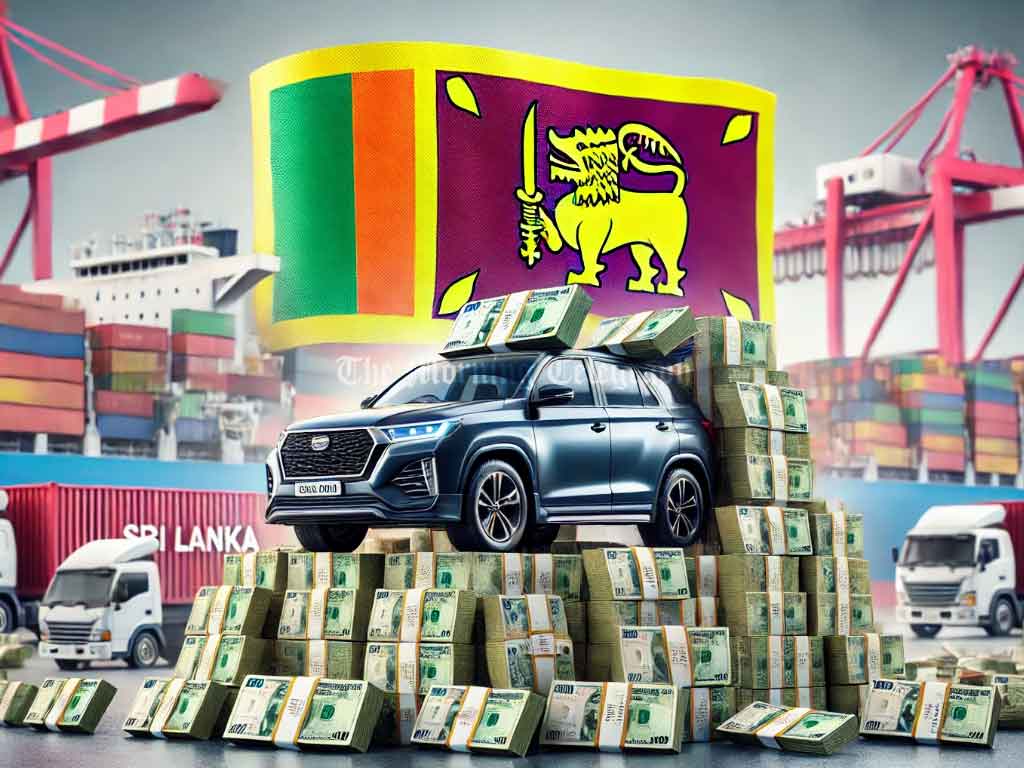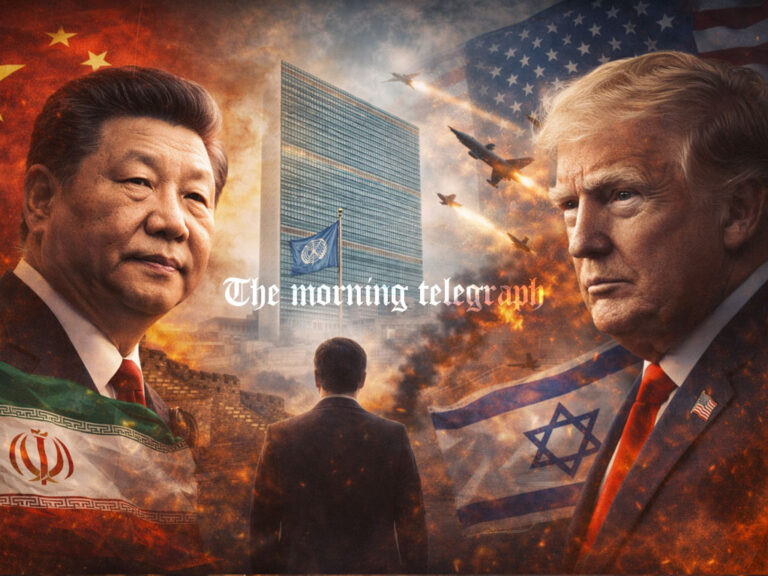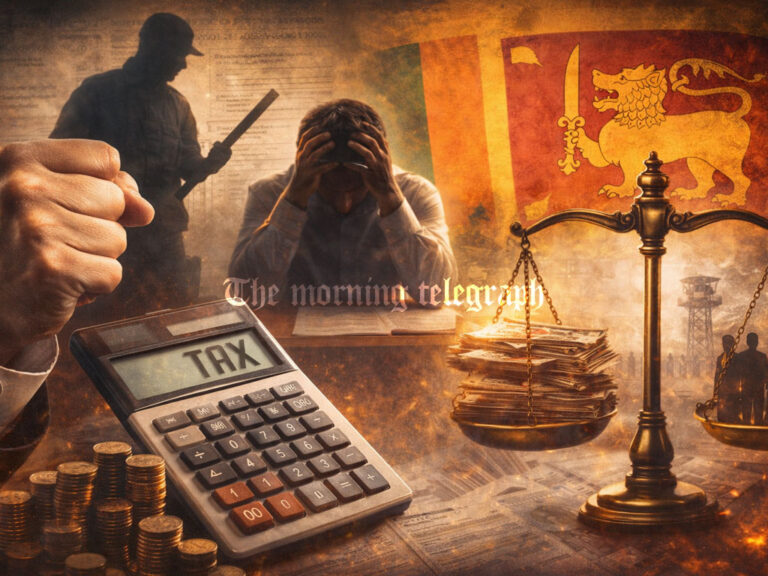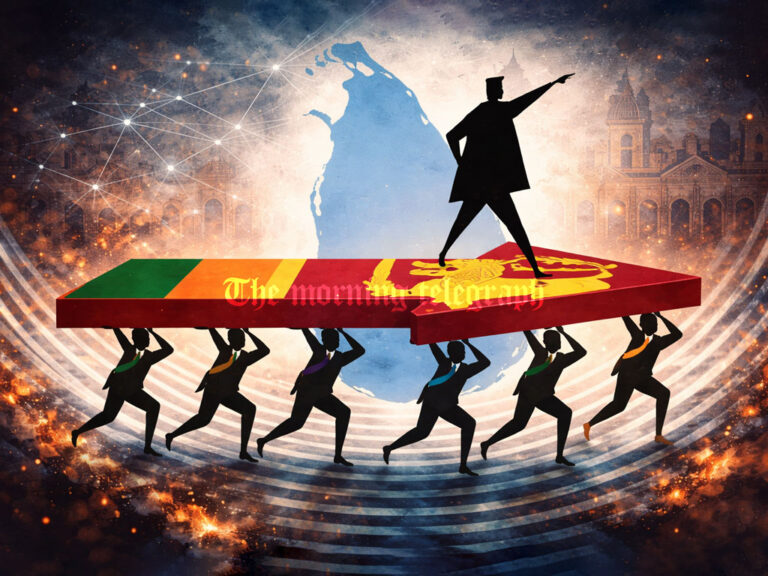
The Customs Department has been tasked with collecting 280 billion rupees in taxes on vehicle imports, according to Patali Champika Ranawaka, leader of the United Republic Front. He criticized the government for its inability to deliver on promises, comparing its tenure to a failed Test cricket match. Speaking to the media after attending a special Thai Pongal religious ceremony at the Wellawatte Mayura Kovil on January 14, Ranawaka said that while government ministers claim to be playing a long game, many of their “wickets” have already fallen in the first ten overs.
Ranawaka expressed frustration at the government’s failure to control the cost of essential commodities. He pointed out that fuel prices, electricity tariffs, and the cost of staple food items like rice remain high, despite assurances to the contrary. “A minister recently claimed they’re playing a Test match, but from what we can see, their performance has been nothing short of disastrous,” Ranawaka remarked.
Addressing journalists, he criticized President Anura Kumara Dissanayake, stating that the President has failed to fulfill his promises and appears increasingly powerless. Ranawaka also took aim at the Prime Minister, who he claimed remains largely silent and absent from public discourse. Similarly, he accused the Trade Minister, who once made lofty speeches about reducing prices, of failing to bring down the cost of essential items like rice and coconuts. He emphasized that there is no food shortage, yet the government struggles to manage prices effectively. He further accused the Minister of Power of misleading the public, alleging that the government is reluctant to reduce electricity tariffs despite pressure from the Public Utilities Commission.
Ranawaka highlighted what he called the “vehicle import dream,” noting that the Customs Department has been ordered to collect an enormous sum in taxes. He pointed out that while the government speaks of progress, this massive tax burden will ultimately fall on the people, making vehicle ownership even more unattainable for ordinary citizens.
Reflecting on the government’s pre-election promises, Ranawaka noted that little progress has been made on key commitments. These included creating jobs for 40,000 unemployed graduates, lowering food prices, and making motorcycles affordable for the youth. He also reminded the public of the President’s pledge to cut electricity bills by one-third and remove fuel taxes. None of these promises have been fulfilled, according to Ranawaka, who argued that the government has failed to address corruption. He referenced unresolved scandals, such as the E-Visa and E-Passport frauds, claiming that the government continues to protect corrupt individuals while engaging in meaningless media spectacles.
Ranawaka pointed out that even after the election, the country is still grappling with a shortage of medicines, with fraudulent practices in the healthcare sector persisting. He argued that the government’s inability to address these issues demonstrates a lack of direction and accountability.
When asked if the government could recover from its poor start, Ranawaka said, “The people will decide when the time comes. This isn’t about the JVP or any one political party. It’s about whether the government can deliver on its promises. The public is watching closely, and the outcome will be clear in due course.”
Ranawaka’s remarks reflect growing dissatisfaction with the government’s handling of economic and social issues, as well as a perceived failure to deliver on its electoral promises. These criticisms add to the mounting pressure on the government to take decisive action and restore public trust.




